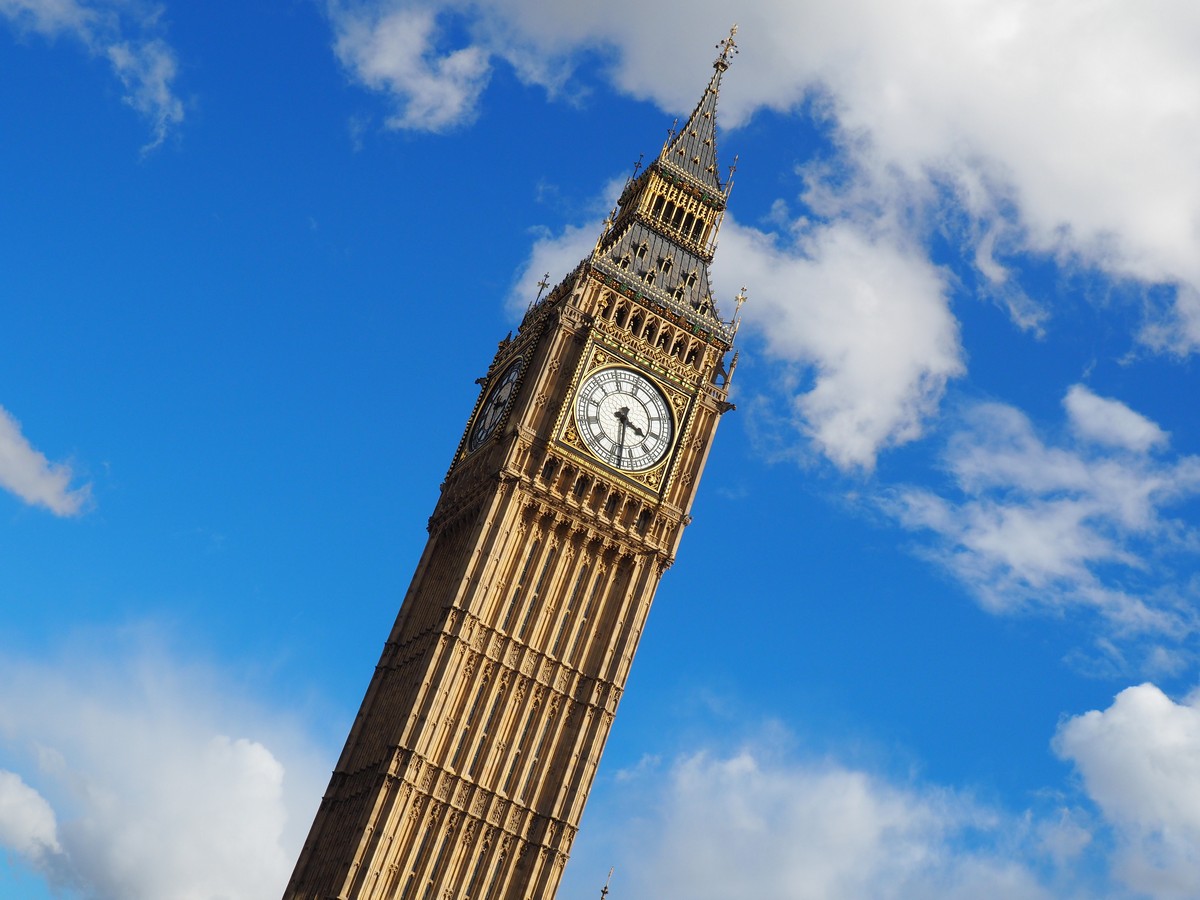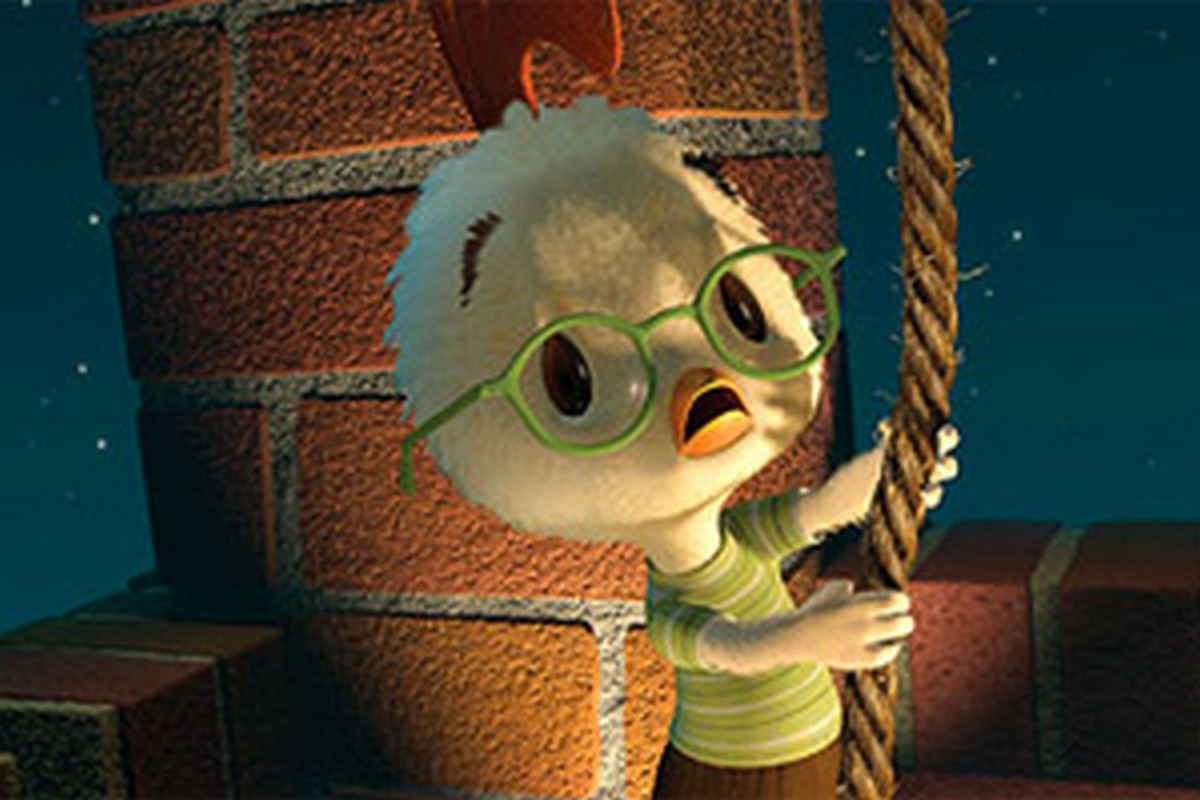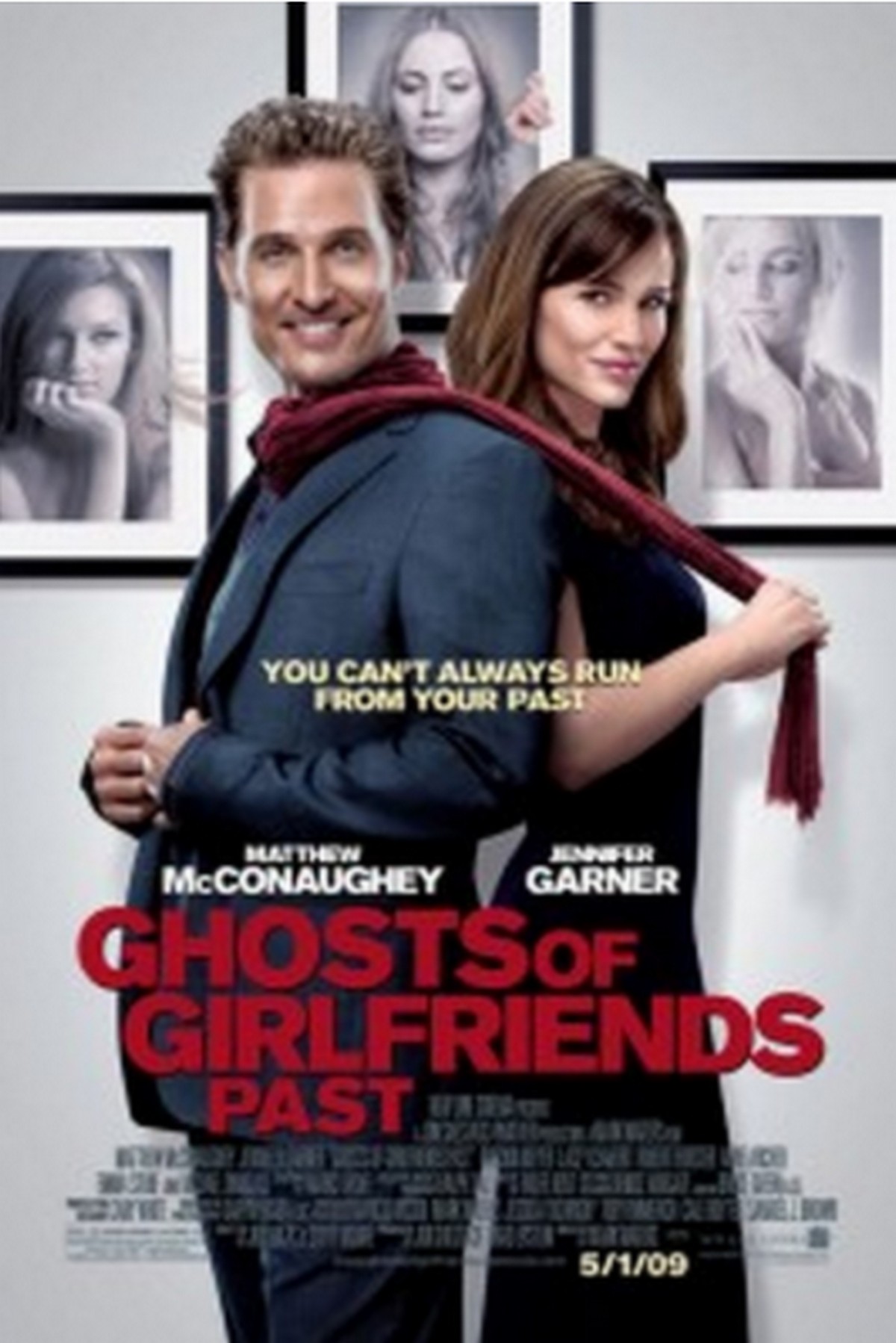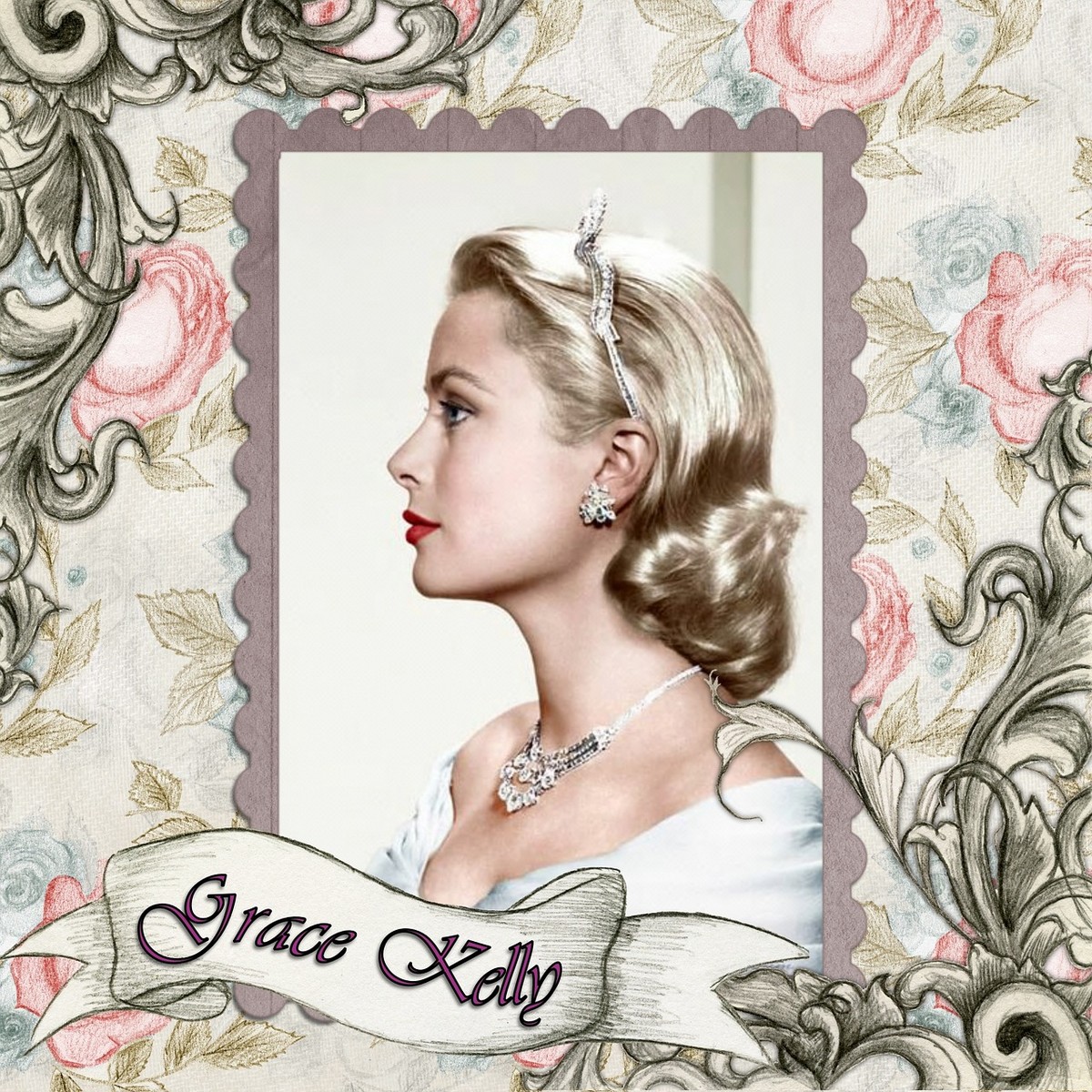|
|
|
Home
|
Fame Audit: Hugh Grant
NAME: Hugh Grant AssessmentOur readers know we are nothing if not merciful. After all, why should we hold celebrities to a strict standard of public behaviour just because they are incredibly famous, mind-blowingly wealthy, and insulated from harm by a posse of publicists, managers, lawyers, stylists, and handlers of various kinds? We're none of us perfect! Yeah, just kidding. Can someone out there please explain how Hugh Grant still has a career? It's a pity that this entertrainment news website did not exist back in the summer of 1995, when Hugh Grant was arrested in a car with a prostitute he engaged to fellate him. (It strikes us as redundant that, in addition to all the pampering and reassurance he gets in the course of an average day, a Hollywood actor should also require the services of a contractor trained in that particular skill.) It was a year after the floppy-haired, adorably stammering, shamblingly charming Grant had leapt into all our hearts, thanks to the sleeper hit Four Weddings and a Funeral. Since then, Grant had taken advantage of his sudden fame by starring in several more movies that seemed to step on each other's heels scrambling into the marketplace -- the "arty" nudie flick Sirens, the period community-theatre romp An Awfully Big Adventure, and the presaging-Fiona-Apple-with-the-super-long-title The Englishman Who Went Up a Hill But Came Down a Mountain. He was already booked on a brace of talk shows to promote Nine Months, a big, sloppy, sentimental, heart-tugging, Chris-Columbus-directed, Robin-Williams-cameo-incorporating sure-fire summer blockbuster, in which Grant would play a child therapist whose ballet-teacher girlfriend (played by Julianne Moore) unexpectedly becomes pregnant, forcing Grant's character to come to terms with his impending fatherhood. Everything was going according to plan, and then Grant decided that he needed head from a streetwalker, and that, by God, he would have it. But it's crises like this that really test a publicist's mettle. Grant still made the TV talk-show rounds, less to flog his work, and more to make a public display out of regret over his apparently urgent need for anonymous oral gratification. Hugh paraded his contrition before Larry King and Jay Leno, famously admitting -- without trying to come up with some Eddie Murphyesque "I was just giving her a ride home" cover story -- simply that he "did a bad thing." This commentator did see Nine Months in its opening week, and was not alone in the cinema. Is the cliché true? Is there really no such thing as bad publicity? It would seem so, because, nearly six years on, Grant is still very much with us. He's plied his schtick in respectable movies like Sense and Sensibility, in middlebrow fare like Notting Hill and Mickey Blue Eyes, and in floptastic floppy flops like Extreme Measures and Restoration. In short, he's been enjoying the average, undistinguished, typical Hollywood career that serial crap merchants like Nicolas Cage and John Travolta wish they had. Hugh Grant's not burning up the pop charts. He's not languishing in the Costneriffic depths from which there is no return. He's doing...fine. And, frankly, we think that's okay. Yes, Hugh Grant disgraced himself with a ho. But he exhibited some measure of dignity while answering his subpoena to the court of public opinion, and he did his time. He hasn't aggressively rebelled against his image as a receiver of prostitutional favours by, for instance, marrying some chippy on the rise and adopting a couple of kids to show all of us that he's a good family man now. Grant has stuck pretty close to his pre-scandal career path -- certainly not modulating his on-screen persona, as a bashful, neurotic Englishman, one tiny little bit -- and it seems to be working out pretty well for him. He gets to play the rakish bounder Daniel Cleaver in the long-awaited Bridget Jones's Diary, and in the equally anticipated About a Boy. He's not constantly plastered across ET Cover Stories (anymore). His parting with Elizabeth Hurley has ended his viability as a tabloid story. He's just doing his job as well as he's able and generally staying out of our way beyond that. And that's...also fine. You know? We wish him neither well nor ill. We have no quarrel with him. He's fine. And we're fine with that. Assets
Liabilities
Fame BarometerCurrent approximate level of fame: Hugh Grant Deserved approximate level of fame: Hugh Grant Chicken Little
Now how can anybody find displeasure with a breezy, sweet-minded kiddie fable about our panic-stricken fine-feathered friend? Well, give us time and chances are we could probably pin a rap sheet on some girl scouts selling poisonous cookies. In the innocuous Disney digitally animated feature Chicken Little, director Mark Dindal (The Emperor’s New Groove) serves up a cute and cozy tale about a tiny bespectacled bird saddled with all kinds of paranoia and self-doubt. And while the CGI special effects are passable and the familiar antics concerning the lovable panicky chick will delight impressionable tots everywhere, Dindal’s saccharine-coated narrative lacks distinction and imagination. There’s no doubt that Dindal’s tyke tale will put us in a “fowl” mood as Chicken Little morphs into a big stuffed turkey laced with stale-minded shenanigans. With the assembled voice talent behind the scenes, one would think that Chicken Little had the potential to be a riotous romp that would appeal to both children and adults alike. However, the movie that’s based on a popular 18th century childhood story manages to toss into the mix a variety of nonsensical nuttiness without concentrating on any one giving theme—particularly the need for our young bird-brained basket case to find acceptance. Chicken Little is unevenly cluttered with pointless juvenile slapstick, irrelevant adult-oriented pop cultural references, labored gags concerning psychological angst and annoying in-jokes that register with a few while flying the coop with others. Whenever a kid-induced piece of entertainment has to struggle with conveying its sense of zany spirit, you know that your options are limited. As an energetic computer-generated kiddie comedy, Chicken Little will automatically cluck gleefully for its youthful audience. But for others, this bland bird will take time to roast. Alarmist Chicken Little (voiced by Zach Braff from NBC-TV’s Scrubs) has dutifully rung the bell notifying the animalistic residents of Oakey Oaks that the sky is falling after having an object hit his head from above. Unfortunately, it was an acorn—not a piece of the sky—that tapped on Chicken Little’s noggin. Feeling embarrassed by the incident, Chicken Little becomes an immediate laughingstock to the community. More important, his false alarm has cemented instant humiliation in the eyes of his widower father Buck Cluck (Garry Marshall). So how will Chicken Little win back the respect and confidence of his disappointed father not to mention the ridiculing townsfolk? Determined to achieve some respectability, Chicken Little joins the school’s baseball team where he enjoys some moderate success thus cementing a newfound positive feeling with his ex-jock dad Buck and the entire town. But another object happens to hit Chicken Little on the head—this time it’s not to be mistaken for an acorn. In fact, it appears to be some space-aged camouflage from a traveling galactic force. Noting how he got in hot water the first time around, Chicken Little doesn’t want to take a chance and announce this latest occurrence. Otherwise, he loses his credibility with his old man Buck and the entire Oakey Oaks village. Thankfully, Chicken Little can turn to his supportive friends and report his ominous findings. Among the informed are Abby “The Ugly Duckling” Mallard (Joan Cusack), a tune-loving Runt of the Litter piglet (Steve Zahn), and Fish Out of Water (Dan Molina). Abby, who is smitten by Chicken Little, advises him to talk to his father about this latest visiting item from the sky. Should Chicken Little risk another session of bad press that could drive a permanent emotional wedge between him and his hard-nosed father? And will the town suffer from Chicken Little’s forced silence just because he selfishly doesn’t want to be a verbal punching bag anymore? For the most part, Chicken Little will hold the collective attention of children because it’s the instinctual response for an animated ruse to do so. The grown-ups, however, will be searching for the exit signs in the dark theater. As a motivational stunt for holding the interests of “the big kids”, Chicken Little shamelessly panders to them by paying indirect yet disjointed homage to other established animated gems such as Shrek and Madagascar. Strangely, Dindal decides to take a curious creative turn and awkwardly transcend Chicken Little into a soured satirical riff of sci-fi ditties that range from Steven Spielberg’s E.T. and War of the Worlds to M. Night Shyamalan’s Signs. Even the film’s music tries to add personality to the flavorless frenzy such as playing R.E.M. 's predictable anthem “It’s the End of the World As We Know It” to the defiant Diana Ross song “Ain’t No Mountain High Enough”. So what’s the bird’s eye view of the mediocre Chicken Little as a frenetic fable that flaps its furious wings but travels nowhere? Whatever the outcome, the undiscriminating munchkins will acquire a taste for Disney’s anemic 3-D treatment in how to uneventfully clip—not necessarily kill—a mockingbird. This movie has audiences pretty divided. Did you love Chicken Little or hate it? For more movie reviews and the latest in hollywood entertainment, check out Hollywood Inisder. Ghosts of Girlfriends Past
Matthew McConaughey the sexy cowboy from Hollywood stars in Ghosts of girlfriend past, a new comedy romance movie that puts a spin on the everyday life of a successful fashion photographer that is keen on having as many relationships as possible with no strings attached. The movie depicts Connor Mead's life as a photographer that has a tremendous success with beautiful, but shallow women. His life resembling Hugh Hefner’s one all because of his uncle Wayde, played by Michael Douglas, was a major playboy figure in his life and basically taught him from a young age that he should get as many women possible in his life and never get attached to anyone since that will bring only sorrow to his life. Years have passed since uncle Wayde died and things have changed, Paul (played by Breckin Meyer), Mead's brother, decided to get married so he called all his friends and his brother to the wedding rehearsals; a place held at the old Wayde mansion. Mead came only to discover that his brother was 100% sure of getting married and also seeing his old girlfriend from childhood Jenny Perotti played by Jennifer Garner. At this point not much information is thrown at you and everything seems a bit dull with nothing interesting happening, Mead being totally distant towards Jenny and really focused on not letting his brother getting married, this being the ultimate mistake in his opinion. And when you think nothing along comes… Mead gets a visit from his uncle Wayde ghost, who tells him that he will change his whole view of life and what's really important by the end of that night, putting him through a series of events meant to change his perspective. Not believing his eyes, thinking that he had to much to drink Mead doesn’t pay to much attention to the saying of his uncles ghost until it hits him, a ghost of a girlfriend in the past came to visit him and they had a outer body experience, taking him in the past to his early starts when he wasn’t the jerk that he became. There he relieved his love for Jenny and saw that she was the world to him, she was the one that gave him his first camera, fact that made him become a photographer, and saw through the years how he ignored this love all the time and on each occasion he either didn’t had the nerves to ask her out or when he finally did it he fled away breaking Jenny’s heart. The movie depicts a truth that many of us passed in life and sometimes we forget who the important people in our lives really are and those mistakes come out to haunt us in the future. This is what the movie tries to depict in a funny manner and spicing things up with romance, nonetheless this is a very nice movie to watch with your girlfriend and at the end tell her how much you love her. Wondering what Matthew McCounaghey and Jennifer Garner are up to today? Get it from the best entertainment news website. Film Review: The Queen
Saturday, February 10, 2007 - I remember getting up early one morning when I was in high school to watch "the" wedding. "The" wedding would be that of Lady Diana and Prince Charles. As young as she was at the time, I think maybe we grew up together. When she faltered, so did I, and when she struggled to be free, so did I, although in entirely different ways. Princess Diana was really my only interest in the Royal family, and I, along with many others, always felt she got the shaft. So when I first heard about The Queen, it didn't hold much interest with me, yet when I learned the movie was centered around the week of Diana's death, and what happened behind the gates of the palace, I knew I had to see it. After first showing the election of 1997, where Tony Blair, played by Michael Sheen, won in a landslide for the position of Prime Minister, we get our first glimpses of the Queen, played brilliantly by Helen Mirren. She holds no respect for Blair, or his wife, attacking the way Mrs. Blair (Helen McCrory) curtsies to her, and chastising Blair for his lack of proper protocol. Just a few months later, while all are away on their summer vacations, the shocking news comes in the middle of the night that Diana has been killed in a car crash. The Queen, Prince Philip (James Cromwell), the Queen Mother (Sylvia Syms), Prince Charles (Alex Jennings), and Prince William and Prince Harry, are staying at the Balmoral estate. They gather together watching the shocking news, but are more disturbed about the interruption in their lives, and what it could do to the monarchy, than the actual death itself. Surprisingly, Prince Charles is seen to be the more human of the Royals, although that's not what we see in the press. Yet, the goal of the movie is exactly that, to allow us to see that what we see in the press is actually a well-orchestrated attack by a team of press secretaries and advisors. While the Queen's stance is that Diana wasn't even part of the Royal family anymore, as the divorce had been finalized a year earlier, Charles reminds his mother that Diana was also the mother of her grandchildren. The monarchy's cold stance on Diana's death is ridiculed in the press, and Blair works tirelessly to get the Queen to agree to holding a public funeral, make a statement to her people, and lower a flag to half mass. While both he and I began with the view that the Queen was a stuffy, cold-hearted, narcissistic woman, by the end we both saw her differently. Her life is her job, and it's a job she's done for fifty years. She knew no other life, and being disliked by so many was very hurtful to her. This is where I have to sing Helen Mirren's praises. Just as when I watched Joaquin Phoenix in Walk the Line last year, and didn't see a man playing Johnny Cash, but Cash himself, I never thought I was watching a woman playing the Queen. Mirren "was" the Queen. Likewise with Michael Sheen's portrayal of Tony Blair. It was very well-acted. The performance I didn't enjoy was that of Alex Jennings as Prince Charles. He seemed more concerned with trying to contort his face to look like Charles, than actually "being" Charles. Speaking of another kind of “Queen”, can you believe it’s been two years since the release of Bohemian Rhapsody? Not to mention Ben Hardy’s iconic role as Roger Taylor. Josie and the Pussycats Online
|
||||
|
|
|||||
 |
|
||||
|
View Guestbook I have given "Josie Josie Josie" a new name. It is now called, -Updates- |
|||||
|
|
|||||
|
|
|||||